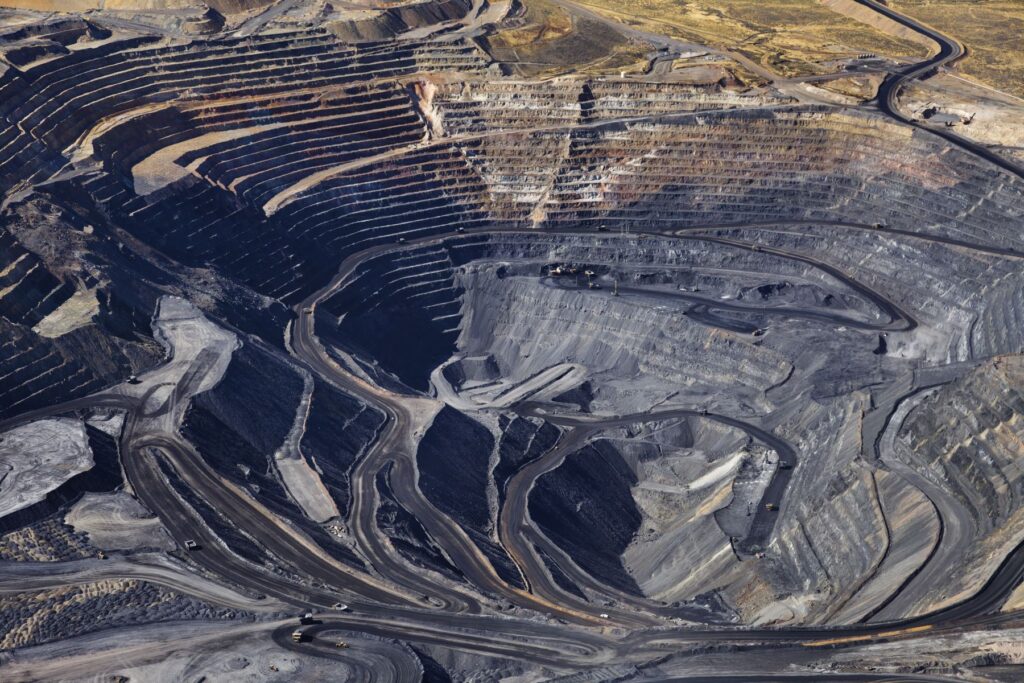Slope3D stability analysis tool to help engineers design safer slopes
Geological modelling specialist, Seequent, has released Slope3D, a slope stability analysis tool for geotechnical engineers and engineering geologists.
According to Seequent, Slop3D offers a practical approach for capturing slope failure mechanisms for simple to complex geotechnical models.
Building on the capabilities of Seequent’s GeoStudio 2D Slope/W product, Slope3D is billed as an intuitive limit equilibrium solution for analysing rock and soil slopes in mining and civil projects – for example, hillslopes, open pit mines, and engineered structures such as dams and levees.
“Ensuring the safety and reliability of engineered projects is at the heart of geotechnical engineering,” said Chris Kelln, director, technical solutions for GeoStudio.
“We specifically designed Slope3D to empower geotechnical and geological engineers to make confident decisions, improve safety, reduce project risks and costs, and ultimately design better infrastructure.”
Slope3D is part of Seequent’s GeoStudio 2023 release. It connects directly with Seequent’s geological modelling software, Leapfrog, via Seequent Central, and integrates with GeoStudio’s Seep3D. According to Seequent, this creates a seamless workflow with smooth data exchange and simpler data management to improve project accuracy and outcomes.
Seequent was acquired by Bentley Systems in 2021 for $1.05 billion.
Seequent’s products include Geosoft for 3D earth modelling and geoscience data management, GeoStudio for geotechnical slope stability and de-formation modelling, and Leapfrog for 3D geological modelling and visualisation.
Leapfrog appears to have particular relevance to infrastructure projects. The software is designed to replace traditional 2D subsurface modelling and simulation processes. According to Bentley, the usage of the software, often in conjunction with Bentley’s software offerings, has been growing consistently in civil infrastructure sectors.






